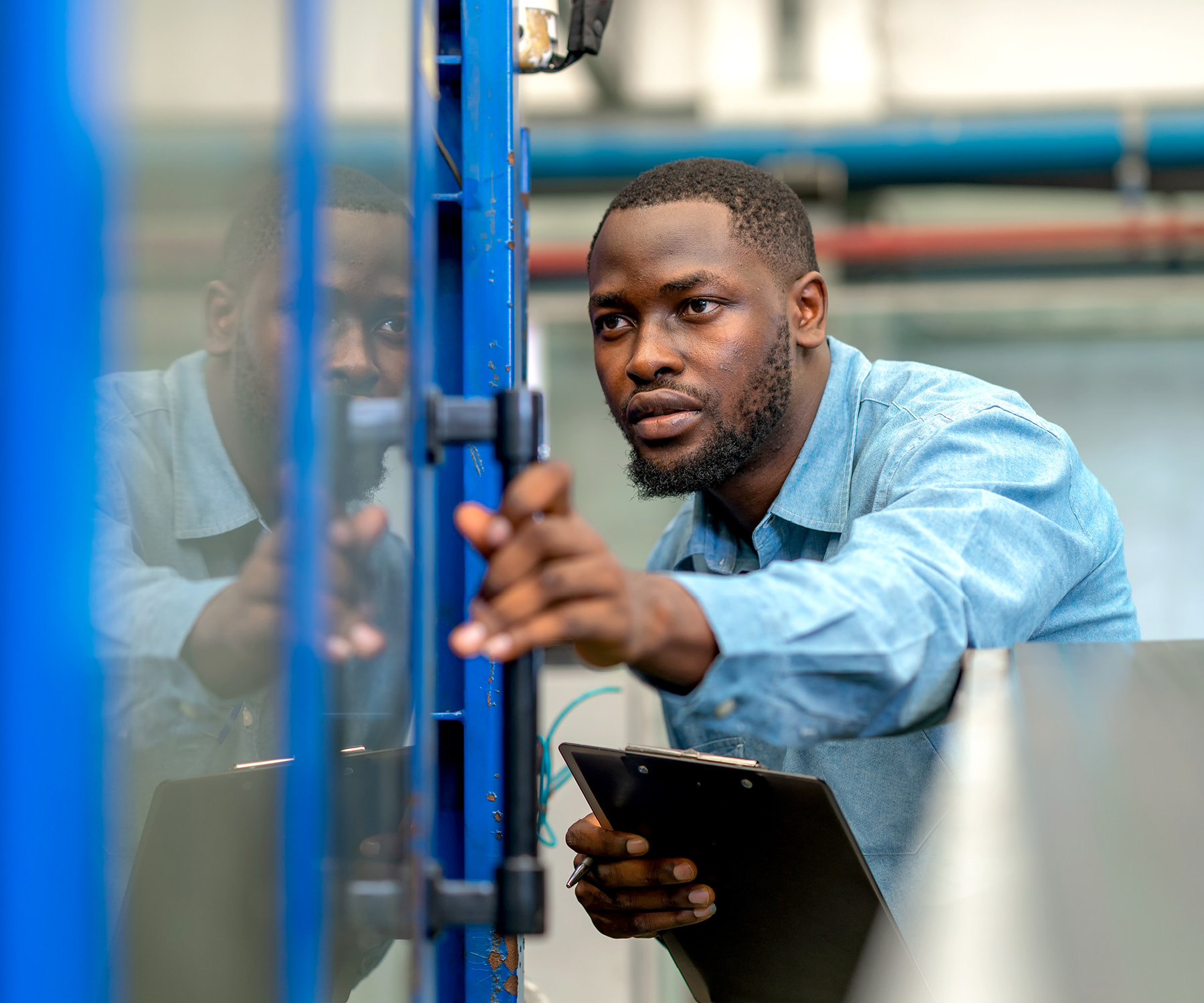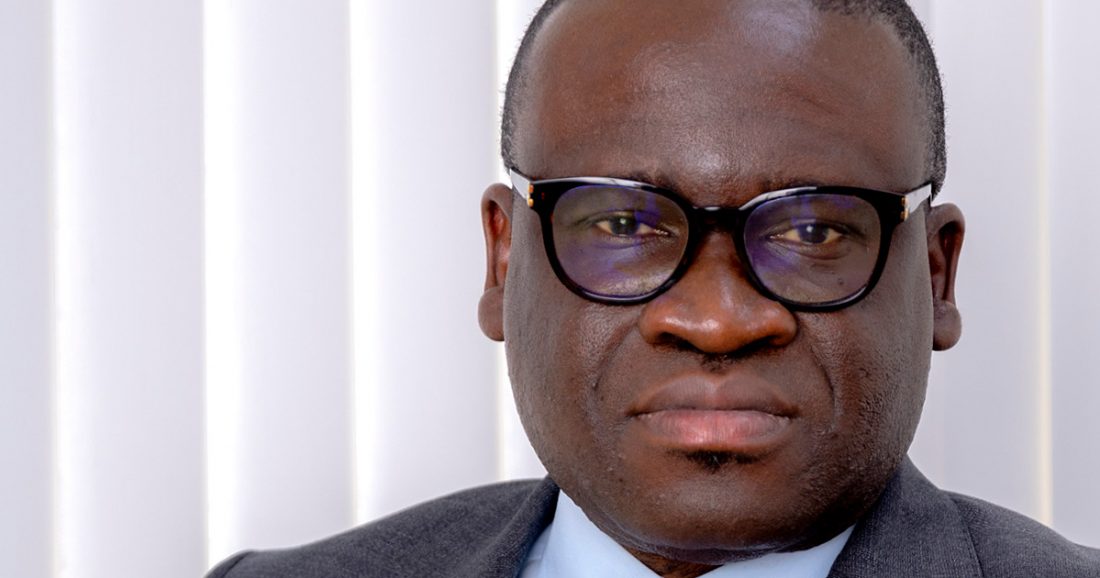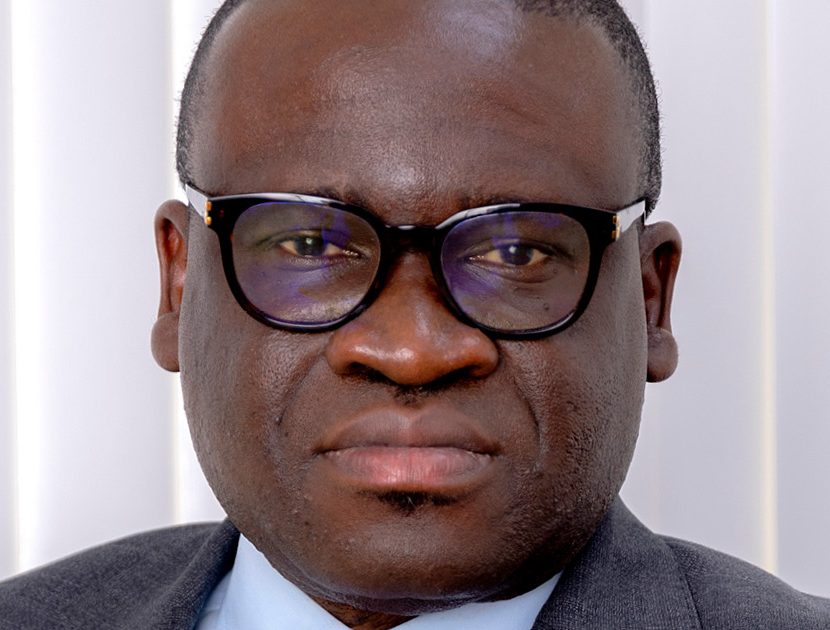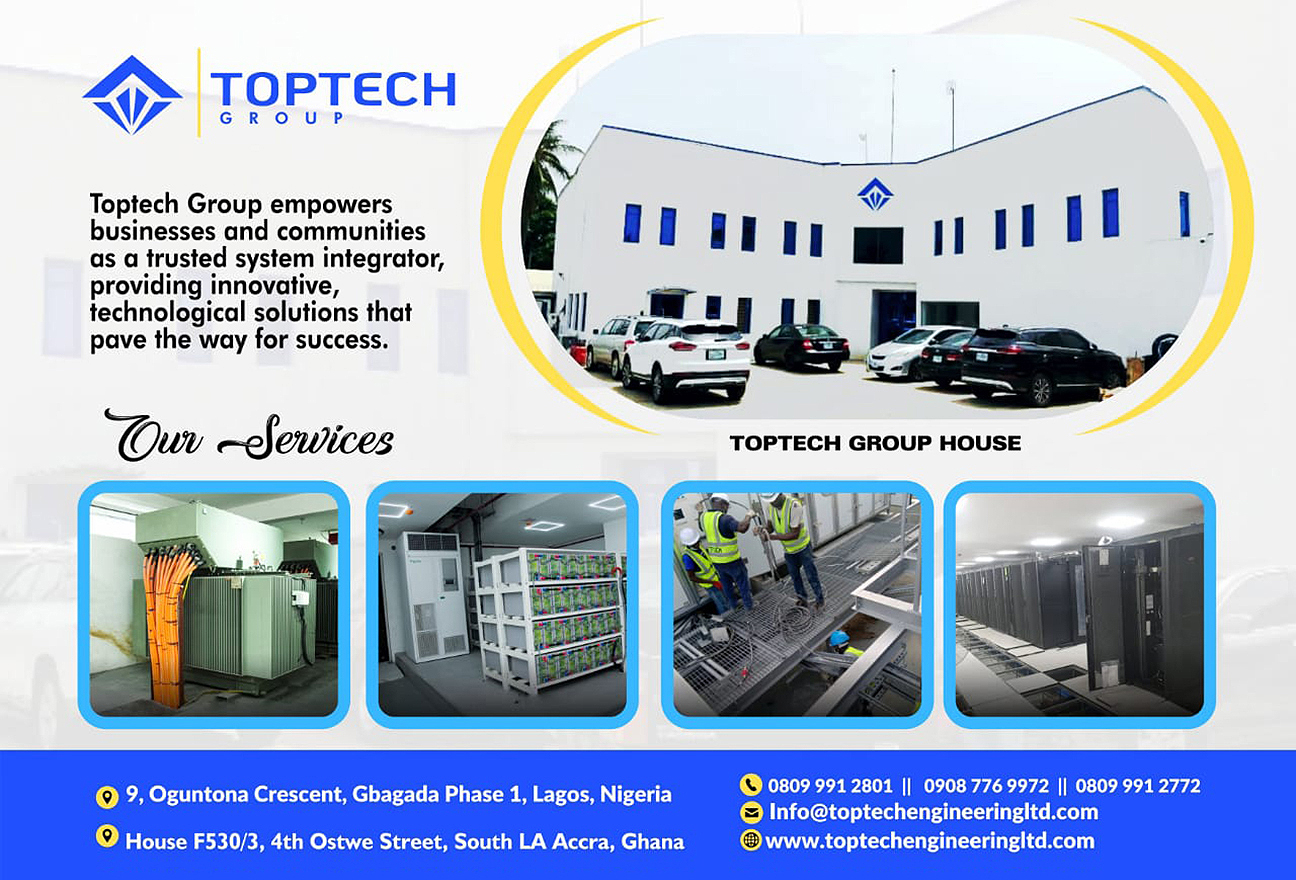Ajibola Akindele of Schneider Electric Anglophone West Africa is set on establishing Nigeria as a hub for the digital automation and energy management business, while also fostering inclusive development.
Despite major global financial challenges, African economies have remained resilient in recent years. With Africa’s population forecast to top 1.1 billion by 2040, the continent will soon become the largest workforce in the world, consisting of many talented staff with diverse skill sets.
For more than 23 years, Schneider Electric, a global leader in digital automation and energy management, has had a presence in West Africa. And given the future outlook, Ajibola Akindele, Country President West Africa, says the business isn’t going anywhere.

“We are looking at how we can build local capacity in Nigeria to support other countries within Africa.”
“We are looking at how we can build local capacity in Nigeria to support other countries within Africa. We are here for the long run and the future is a future of growth and development,” he says. “The region is growing and this company is best suited to do business here.”
When Akindele joined the company in January 2020, he had no idea that just two months later, the COVID-19 pandemic would drastically change the business world. This has led to Schneider Electric Anglophone West Africa making a shift to address the changing needs of its customers, who expect increasing flexibility.
“The market itself is changing. There are new innovations being introduced every day to the market,” he says. “The organization itself has to adapt and change to fit these evolving demands.”
African Hub
Development initiatives to enhance infrastructure in West Africa, in particular in Nigeria, are a central goal for Akindele and his team. Establishing Nigeria as an African hub where staff can build skills and competencies and foster supplier relationships is the next step for Schneider Electric Anglophone West Africa.
“Over the next three-to-five years, we expect to see a lot of growth. We are looking at how we can build local capacity in Nigeria to support other countries within Africa,” he explains. “For example, some of our skilled engineers are going outside West Africa and doing work in Angola, South Africa and even as far as Norway and Lithuania.”
In the areas of digital and sustainability, Schneider Electric Anglophone West Africa is implementing some of the most innovative and novel projects in Nigeria, with a number of these programs gaining global acclaim within the Schneider Group for their success.
Akindele believes that a large proportion of future growth will come from digital and sustainability solutions, including data centers and building management. Depending on the country, different priorities will naturally exist. For example, in Ghana, the presence of the mining industry will mean Schneider Electric Anglophone West Africa continues focusing on providing solutions that meet the needs of the extractives industry.
With only around five percent of the population having access to electricity in the region where Schneider Electric Anglophone West Africa operates, Akindele sees substantial growth possible in the near future. The areas of connected devices and cybersecurity are two key areas being considering as strategic plans are being developed.
“We’re going more digital and we cannot emphasize that enough. The world is becoming smaller, thanks to connectivity and having more connected products. It’s something that customers are also beginning to demand more from us,” he says.
“Cybersecurity is also going to be a big factor for us as we see things unfold and to really ensure that, as we transition into new ways of working, things are secure.”
Historic Leadership
As a multinational firm operating in more than 115 countries, Schneider Electric has to manage a global company with a diverse workforce and client base. In recognition of the importance of engaging local communities and supporting staff with leadership potential, Schneider Electric selected Akindele as the first Nigerian to be the Country President for Schneider in West Africa.
“It was a bit historic and a case of breaking the glass ceiling, so to speak. It was not something that I only shared personally – the whole organization and all our partners in West Africa also shared in this,” he adds.

“We are here for the long run, and the future is a future of growth and development.”
Beyond meeting local requirements and regulations, Akindele leads a team that is heavily invested in Nigeria, with 98 percent of employees Nigerian.
“In terms of numbers, we are about 200 people now across Nigeria with offices in Port Harcourt, Lagos, and in Bonny Island. We’re a global company with local leadership and local operations.”
At a time of uncertainty in both the global and West African economies, Akindele has many challenges to overcome to ensure Schneider Electric Anglophone West Africa can continue growing at a solid rate.
“I look forward to taking the organization to much, much bigger heights,” he says. “As someone born in this market, I think there are lots of opportunities for a company like Schneider.”
Stable Partnerships
Many of these future plans will be made possible thanks to the company’s strong partnerships with suppliers. Akindele knows that building supplier relationships requires a great deal of time and energy from both parties, as well as a strong commitment to closely collaborate.
The partnerships that have been built with customers are essential for the continuing success of Schneider Electric Anglophone West Africa. Akindele believes that these long-term relationships differentiate the company from competitors, as customers view the business as a trusted advisor.
“We listen to our customers, we try to understand their pain points, and design solutions that meet the needs of the customer, because each customer is different at the end of the day.”
Akindele and his team are able to call on the expertise of the more than 140,000 colleagues throughout the Schneider Electric workforce, supporting partners for whatever they need.
With a network of more than 300 partners, all different in size and focus, Schneider Electric Anglophone West Africa has established a program that makes the management and onboarding of such diverse relationships systematic and efficient.
“We are here for the long run, and the future is a future of growth and development,” Akindele says.
“When we are choosing these partners, we ensure their values align with ours. For them to be able to support our customers, we need to guarantee these firms are certified to do the work.”
Through partnerships with leading companies, including Toptech Engineering, a West African digital infrastructure systems integrator, and Benotek Engineering, an authorized Schneider Electric Anglophone West Africa distributor, the company can unlock powerful competitive advantages to help deliver products on time.
Forming these strategic supplier relationships also makes communication and collaboration more effective, which means that product quality will remain high, even as delivery times are improved. Owing to a young, digital native population, West Africa is poised to continue its record of solid growth.
By closely involving companies who operate in the West African business ecosystem, Schneider Electric Anglophone West Africa is championing inclusive development and is working to equally share the rewards of Africa’s digital revolution with all citizens.
Sustainability First
Global organizations are adding renewed focus to becoming sustainable, with Schneider Electric Anglophone West Africa being an ideal partner for companies on this journey.
Even as demands for power grow, so too does the demand for clean energy.
“We’re working within our own operations to ensure we are becoming more sustainable,” Akindele explains. “We continue to advise organizations on how they can build more sustainable products and solutions that build businesses around sustainability.”






